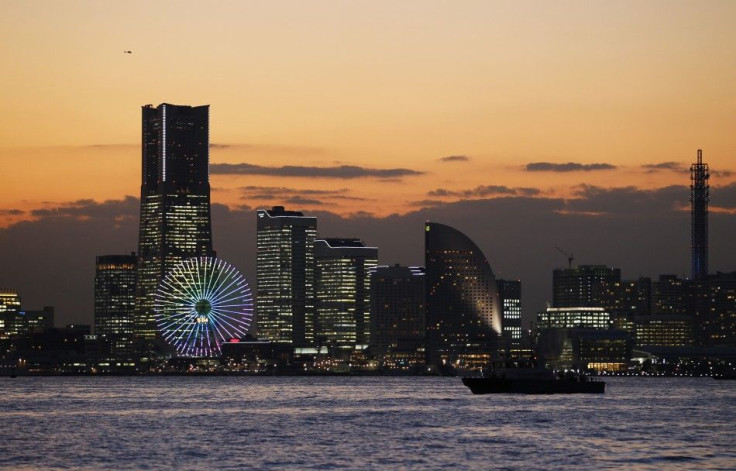Travel in Japan rebounding a month after the quake

As April 11 marks the one month anniversary of the deadly 9.0-magnitude earthquake, which triggered a massive tsunami and a nuclear crisis in Japan, local travel agencies have reported that the tourism has started gaining momentum in the country.
The earthquake, which struck at 14:46 local time, and the ensuing tsunami on March 11 claimed about 28,000 lives and left thousands of people missing in Japan. As many became homeless, the country was left struggling to cope with the worst nuclear crisis since Chernobyl after the natural calamity affected Fukushima Daiichi nuclear power plant in Japan.
However, with the country recovering from the crisis, and a slash in group travel costs by at least NT$10,000 from that before the quake, tourists from Taiwan seem positive about visiting Japan, Lin Cheng-hua, deputy managing director of Lion Travel, told The China Post.
Travel to unaffected areas such as Osaka, Nagoya and Kyushu is picking up with “almost 300 online travel bookings recorded yesterday,” he said.
Earlier this month, UNWTO said, radioactive material from the damaged Fukushima Daiichi plant is gradually spreading outside Japan into the global atmosphere but at extremely low concentrations that do not present health or transportation safety hazards.
According to the United Nations organizations closely monitoring the situation, Japanese authorities confirmed that all airports in the country, with the exception of Sendai, continue to operate normally for both international and domestic operations, and radiation levels around these airports are well within safe limits from a health perspective.
© Copyright IBTimes 2025. All rights reserved.





















